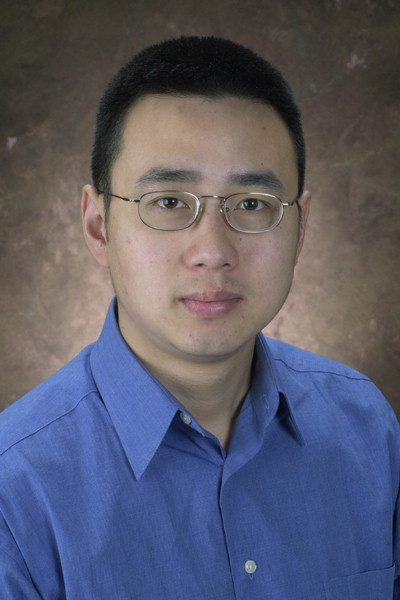February 9, 2017
Division of Biology Seminar Feb. 10
Submitted by Division of Biology

Yan Xiang, University of Texas Health Science Center San Antonio, will present "Interfering with interferons: Immunology lessons learned from poxviruses" as part of the Division of Biology Seminar Series at 4 p.m. Friday, Feb. 10, in 221 Ackert Hall.
The lecture is derived from the interferon, or IFN, system that is the first line of host defense against intracellular pathogens, particularly viruses. Viral infection of host cells is associated with production of pathogen-associated molecular patterns, which are detected by cellular pattern recognition receptors, resulting in the secretion of IFNs. IFNs induce the expression of hundreds of interferon-stimulated genes, or ISGs, and play a critical role in antiviral responses. To successfully replicate in the cells, viruses have to overcome the formidable barriers posed by the IFN system, often by deploying viral proteins to antagonize critical steps of the IFN pathway.
Work in Xiang's laboratory has revealed novel strategies employed by the viruses to counteract the IFN system, which in turn unveiled critical steps of the IFN pathway. The model viruses used are poxviruses, a family of large DNA viruses. The poxvirus family includes members that infect different mammalian species and cause highly significant animal and human diseases such as smallpox and human monkeypox. Xiang's lab uses a variety of molecular approaches, including biochemical, structural biology, and forward genetic screen with Crispr/Cas9. Discussions will be based on recent data from Xiang's lab on an evolutionally-conserved mammalian host restricting factor against poxviruses and the mechanism used by the poxviruses to overcome this immune barrier.
If you would like to visit with Xiang, contact Zhilong Yang, assistant professor of biology, at zyang@k-state.edu.
